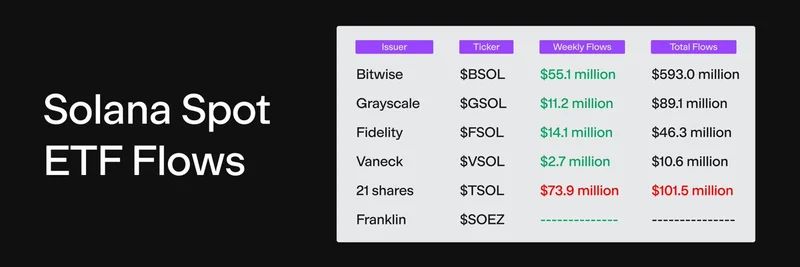Hey there, crypto enthusiasts! If you’ve been keeping an eye on the blockchain space, you’ve probably seen the buzz around mary @howdymerry's tweet from June 29, 2025. In it, she warns that Robinhood is about to drop a bombshell announcement that could “murder” a bunch of startups. Let’s dive into what this means, why it’s got everyone talking, and how it ties into the so-called “verticalization era” in crypto.
What’s the Big Deal with Robinhood’s Announcement?
Mary’s tweet suggests that Robinhood, the trading app giant, is gearing up to unveil something big—likely on June 30, 2025 (the next day from her post). She hints that this move will leverage Robinhood’s massive user base and existing infrastructure to outpace smaller crypto startups. The tweet quotes her earlier post from March 27, 2025, where she listed Robinhood’s expanding services: equity/crypto trading, derivatives, banking, 401k plans, wealth advising, prediction markets, sports betting, and even cash delivery. This shows Robinhood’s ambition to become a one-stop shop, blending traditional finance (tradfi) with crypto.
The crypto community is speculating that this announcement might involve Robinhood’s new Layer 2 (L2) blockchain, designed to make transactions faster and cheaper. According to recent web reports, this L2 could support tokenized stocks and staking, giving Robinhood a edge over competitors like Coinbase. For startups that have spent years building niche solutions, this could be a game-changer—or a threat.
The Verticalization Era: What Does It Mean?
Mary calls this the start of the “verticalization era” in crypto. But what’s that? In simple terms, verticalization means companies are building end-to-end ecosystems that control every step of the user experience—from trading to social interaction to asset management. Think of it like a superstore versus a bunch of small specialty shops. Robinhood, with its millions of users, can integrate everything under one roof, while startups often focus on specific areas like meme tokens or decentralized finance (DeFi).
This shift could spell trouble for the little guys. As mary puts it, “everything we worked on for the past three years will be eaten alive by an incumbent that already owns distribution.” Startups might struggle to compete with Robinhood’s reach, especially if the L2 blockchain makes their services obsolete or less attractive.
Reactions from the Crypto Community
The thread under mary’s tweet is buzzing with opinions. mrink0 argues that Robinhood’s L2 will be a “niche island” and not a game-changer, favoring permissionless, scalable chains instead. satvik echoes a darker view, suggesting tradfi giants like Robinhood could roll back crypto’s progress, exploiting users much like traditional banks. Others, like Hao Jün, see it as ironic—crypto was meant to escape centralized control, yet here we are, potentially back under a big player’s thumb.
Some are even throwing out wild guesses about the announcement. 100x wonders if Robinhood might add memecoin gambling, which could tie into the growing popularity of meme tokens. Meanwhile, Route 2 FI asks for mary’s prediction, but she teases that she already knows the details and can’t spill the beans yet!
Why This Matters for Meme Token Lovers
If you’re into meme tokens—like Dogecoin or Shiba Inu—you might be wondering how this affects you. Robinhood’s move could bring more mainstream attention to crypto, potentially boosting meme token prices as new users jump in. However, it might also mean less room for indie projects. Big platforms often prioritize their own tokens or partnerships, which could overshadow the wild, community-driven nature of meme coins. Keep an eye on meme-insider.com for the latest updates on how this plays out!
What’s Next?
As of 05:27 AM JST on July 1, 2025, we’re still waiting for Robinhood’s official reveal. Will it be a death knell for startups, or will the crypto community adapt and fight back? Comments in the thread, like dca’s call to “fight back” with “spx6900”, suggest some are ready to resist. For now, every day counts—as mary warns—making this a critical moment for the blockchain industry.
What do you think? Will Robinhood dominate, or will startups find a way to thrive? Drop your thoughts in the comments, and let’s keep the conversation going!


